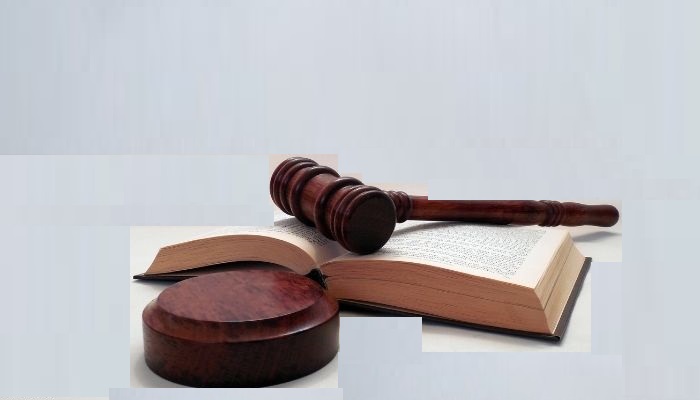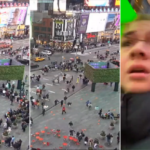- May 17, 2022
- No Comment
- 187
How The Law Itself Can Fail To Protect You

Victims of police brutality and misconduct have filled the recent news, as the case of George Floyd brought our nation to its knees in astonishment and heartache. Traumatized eyewitnesses in the killing of George, on May 25, 2020, testify to feelings of helplessness and guilt. The nation continues to call for more accountability on behalf of police officers using deadly and violent force against people of color.
Eric Garner died on July 17, 2014, at the hands of a New York City police officer who placed him in a chokehold on suspicion of illegally selling cigarettes. On August 9, 2014, Michael Brown was shot and killed by a police officer, which led to waves of protests in Ferguson, Missouri. On November 22, 2014, Tamir Rice was shot and killed in Cleveland, Ohio, by a police officer who responded to reports that a juvenile was pointing a probably fake gun at individuals passing by; Officers confirmed that the weapon was a toy after the 12-year-old was killed.
The American criminal justice system appears to vilify crime victims who have suffered from police brutality or misconduct. But, the police are not higher than the law. They are responsible for wrongdoing, such as failure to intervene when they see another officer using excessive force, abusing victim’s rights, or committing police brutality.
The Duty to Intervene
George Floyd died as former police officer Derek Chauvin knelt on his neck despite repeatedly pleading that he could not breathe. Floyd’s killing took place in front of officers Kueng, Lane, and Thao, who did not intervene or intercede on behalf of George Floyd, who died in front of a dozen witnesses.
Police officers have the “duty to intervene” or intercede, but the interpretation of this duty is repeatedly highlighted in the news as challenging scenarios unfold. While intervention appears to be a basic concept, the duty to intervene is defined differently in some circumstances. For example, it is impossible for “if-then rules” (relevant to the duty to intervene) to cover every situation law enforcers may encounter.
The duty to intervene as defined by the court has slightly different parameters in various jurisdictions. Figueroa v. Mazzo 2016, the 2nd Circuit defined the duty to intervene as: “A police officer is under a duty to intercede and prevent fellow officers from subjecting a citizen to excessive force, And may be held liable for his failure to do so if he observes the use of force and has sufficient time to act to prevent.”
The 7th Circuit outlined proof that is required from the plaintiff to demonstrate a failure to intercede during a use of force scenario. The plaintiff must show evidence that the defendant (officer) used excessive force or proof that a first officer was using or was about to use excessive force on the plaintiff. The plaintiff must show proof that the officer had a realistic opportunity to prevent the harm, failed to take reasonable steps to avoid injury to the plaintiff, and that the officer’s failure to act caused the plaintiff harm.
When an officer is called for backup, they are arriving on an active scene. Depending on the circumstances, they may be unaware if the force being used is excessive or reasonable based on what has already occurred. While the officer must speak cognizant of their duty to intervene, they must also operate with critical balance when trusting the judgment of their fellow officer.
Arriving on the scene as a backup and failing to intervene when an individual’s statutory or constitutional rights are violated is a failure to uphold the law. Every situation is different, and officers must have a solid understanding of the application of the duty to intercede when they arrive at each scene. The officer may have an affirmative duty to act based on their fellow officer’s actions, which requires subjective judgment on their part.
Crime Victims’ Rights
Derek Chauvin and three other officers arrived when George Floyd was accused of using a counterfeit $20 bill. Chauvin was convicted of murder on April 20, 2021, and sentenced to 22.5 years in prison; the others await trial. The city of Minneapolis settled on a $27 million wrongful death lawsuit on behalf of Floyd’s family.
Crime victims have rights as they wait for the accused to be suitably punished, including the right to be treated fairly, respect of dignity, and privacy. When law enforcement fails to provide these considerations, they may be violating the victim’s rights.








